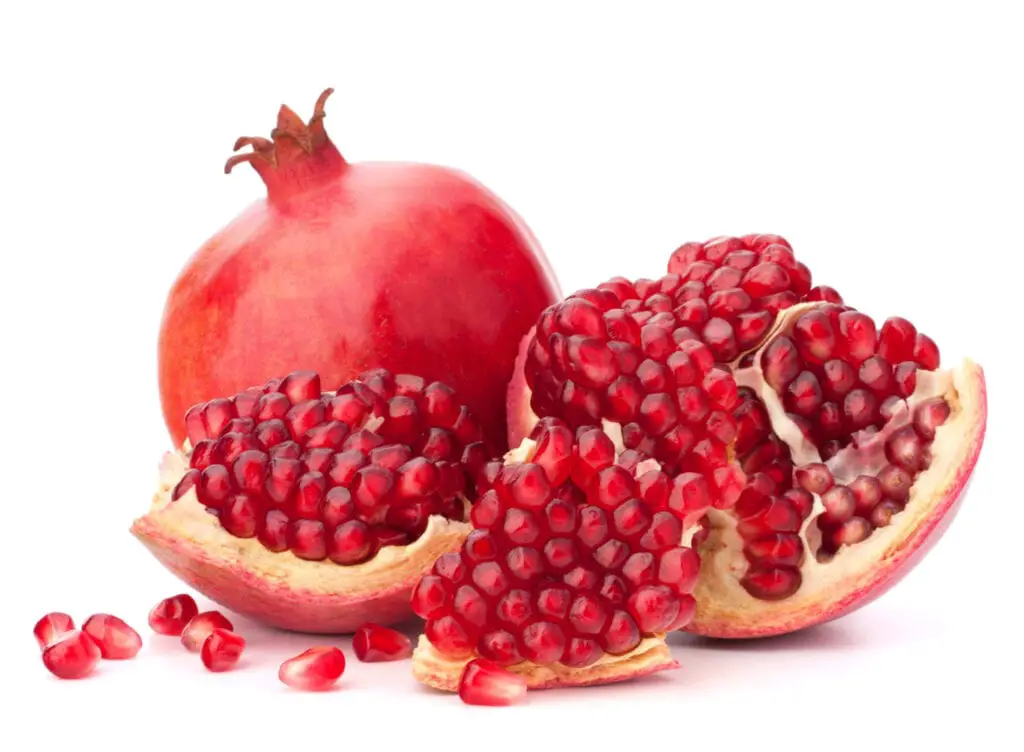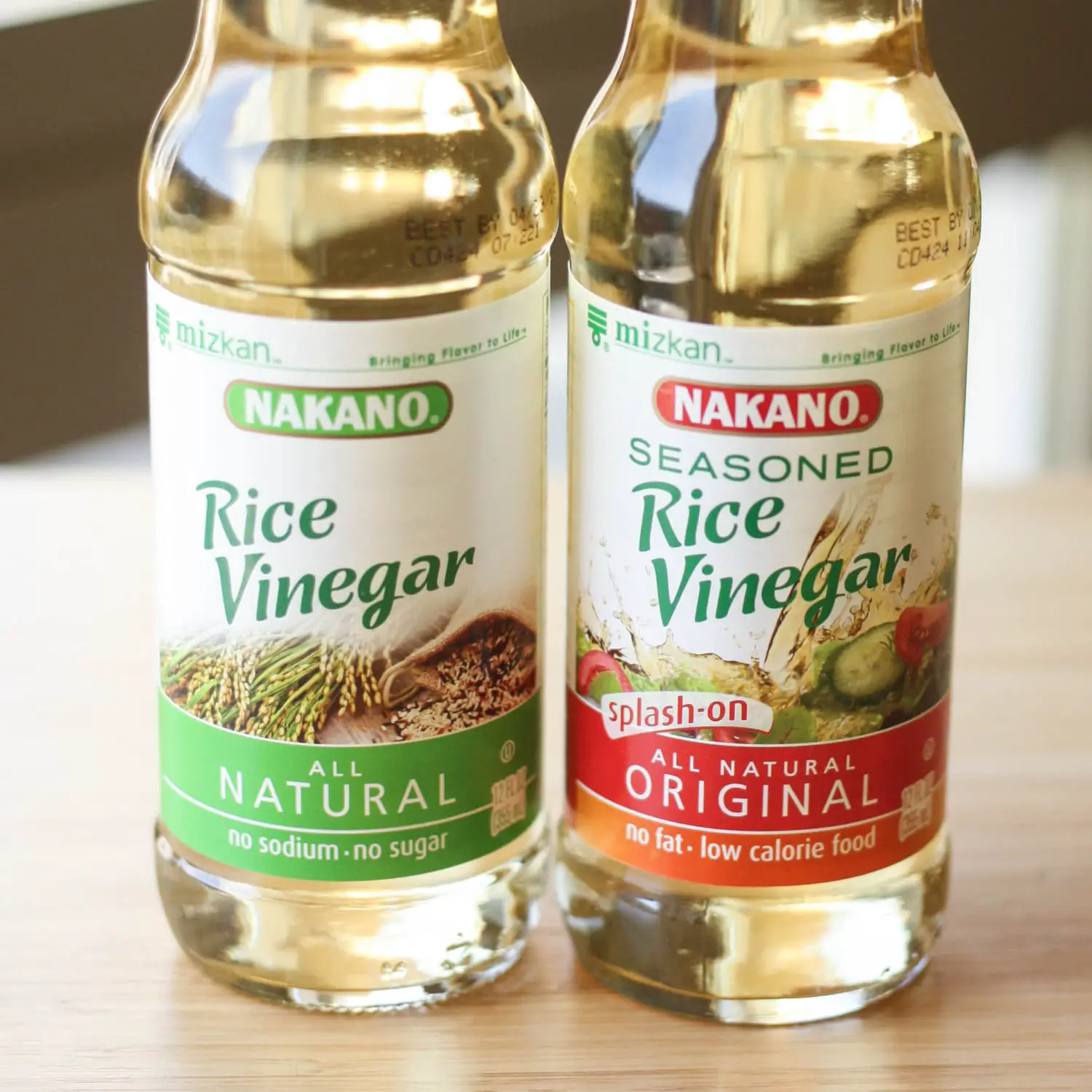Is Pomegranate Acidic?

Is pomegranate acidic? Yes, it is. Pomegranates can be considered an acidic food. In its purest form, the pH of pomegranates is 2.9 to 3.2. This makes them fairly acidic. After they are eaten, the pH of these fruits is approximately 5.5. (For compression, the stomach acid pH is around 1.5 to 3.5).
Today’s article will discuss why pomegranate has been classified as an acidic food. How that was determined and what it means for you.
What is the pH of pomegranate juice?
Because food residue is broken down into “ash” when it is eaten, it is possible to determine whether food is acidic, neutral, and acidic.
The pH scale, invented by Soren Sorensen in 1909, measures the ash. The pH Scale was developed by Sorensen, a Danish chemist. He believed that it was necessary to easily measure the acidity in products. This scale is still in use today.
Is Pomegranate acidic or alkaline?
The pH scale can be used to indicate pH levels between 0 and 14. The pH scale has a range of 0 to 14.
Numbers close to 0 are acidic. While numbers closer to 14 indicate that something is more basic (also called basic).
The pH Scale can be used to determine if pomegranates should be considered an acidic fruit. In its purest form, the pH of pomegranates is 2.9 to 3.2. This makes them very acidic.
After they are eaten, the pH of these fruits is around 5.5. For compression, the stomach acid pH ranges from 1.5 to 3.5. The juice of the pomegranate also has an acidic component.
However, freshly squeezed juice is slightly more acidic than juice made with added sugar.
Other foods that can be considered acidic include fish, seafood, meats, certain dairy products (such a cheese), and foods high in starch (such as rice, oats or granola). Also, carbonated drinks such as sodas, seltzers and spritzers are also included.
The flip side is that more alkaline foods include most fresh vegetables, potatoes and most herbs and spices (except salt, nutmeg and mustards), yogurt and milk, whole grains, tea and natural fats like olive oils, avocados and nuts.
What does it mean that pomegranates are acidic?
Experts recommend a more alkaline-based diet, and avoid acidic foods. Because of the long-standing association between diets heavily based on acidic food and certain health conditions such as acid reflux and more serious illnesses like cancer, this is a common recommendation.
Scientists believe this is because acidic foods reduce the pH level in the blood and cause the acid to build up. However, does this mean you shouldn’t eat pomegranates at all?
No! You can enjoy pomegranate with moderation, just like most foods. Pomegranates are an acidic fruit, but they have many health benefits. Here are some reasons to eat them.
Yes, pomegranate juice is acidic. However, though pomegranate has been shown to be acidic, it’s not the most acidic of fruits. It is actually quite the opposite! Numerous fruits have lower pHs, which makes them more acidic than the pomegranate.
Health Benefits of Pomegranate juice
Pomegranates contain antioxidants, vitamins (such vitamins C, E and K) and minerals (like folate, potassium).
Pomegranates are also good for digestion and act as an anti-inflammatory. They lower blood pressure and fight off viruses.
Experts also recommend that pomegranate juice or eating one pomegranate a day helps to prevent certain diseases such as Alzheimer’s disease and heart disease.
A 1/2 cup of pomegranate juice contains 75 calories and 16g sugar. Natural sugar is not the same as sugar found in “empty calories”, such as pop or candy. It contains a lot of nutrients. To ensure that your pomegranate juice is 100% pure, and has no added sugar, read the label.
It should contain “100% pomegranate juice”, or other juices, on the ingredient list. You should also check that it hasn’t been preservatives or artificial colors.
Antioxidant Power
Because the juice was pasteurized and heated to ensure food safety, pomegranate juice has a lower level of vitamin C than pomegranate rils. It still contains many other antioxidants. The antioxidant content of pomegranate juice is much higher than that of red wine, blueberry juice, or green tea.
Strengthens Your Heart
Pomegranate juice can be a part of a healthy diet that includes many health benefits. It may lower cholesterol and blood pressure, and help prevent platelets from clumping together. This clumping can be prevented to reduce the risk of stroke and heart attack.
Vitamin K is an important component of blood clotting and pomegranate juice can be a good source. It is also rich in folate and potassium. These nutrients are essential for maintaining healthy red blood cells as well as managing blood pressure.
Cancer-Fighting Power
Cell and animal studies have shown that pomegranate juice and juice concentrate can help to prevent the spread of breast, colon, and prostate cancers. To determine if this juice is cancer-fighting, more research needs to be done.
Wrapping up
Is Pomegranate acidic or alkaline? It is acidic. Pomegranate juice can be a healthy addition to a heart-healthy diet if you are able to tolerate it. It can lower cholesterol and blood pressure, and help prevent platelets from clumping together. This clumping can be prevented by reducing the risk of stroke and heart attack.








